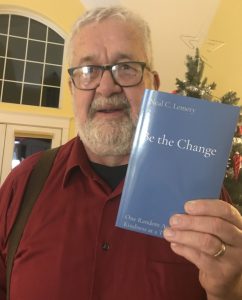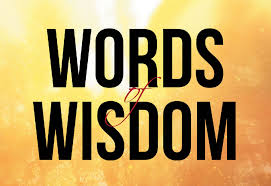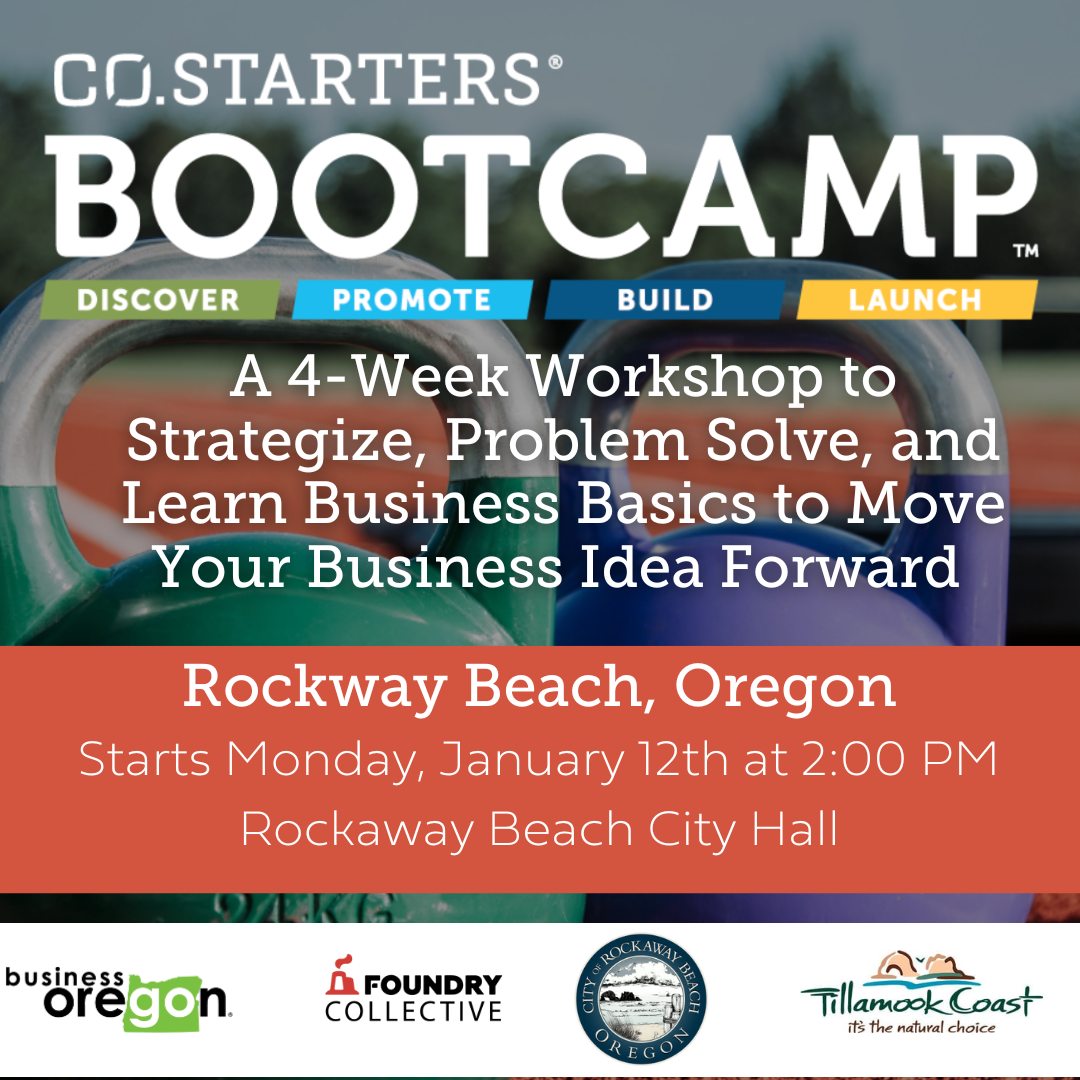
By Neal Lemery
I’m always relieved when Fathers Day is over for the year. For me, it is a mix of emotions and experiences, with memories both sweet and awkward, sometimes excruciatingly painful, for me and my kids.
The greeting card industry portrays the day as an overly sweet and happy day, offering cards with sentimental words, and traditional gifts such as T shirts and golf balls, and barbecues and ball games. Dad as hero, the perfect parent in our lives. In our society, reality often doesn’t resemble what commercialism tries to paint as warm, fuzzy, and normal.
Yet, it is a day of awkwardness. What if one’s experiences and relationships with a father was strained, dysfunctional, full of abandonment, or downright dangerous and frightening? What if those wounds haven’t healed, there’s a lot of unresolved anger and neglect, or simply rage about not showing up in your life?
The kids I call my kids wrestle with all of this. Some simply ignore the day, while others send a short, yet sincere one line message on social media. Often, the pain of dealing with hard relationships is best kept quiet. I respect all of those responses. They are genuine, real, and honest, and not found in the greeting card section of the store.
Most of my kids take the safe path, and don’t open up to express what they are feeling, or how to be the kid on Fathers Day. For most of us, silence is golden, safe, and non-committal.
I know they love me, and I love them. I also know I’m not the perfect father, that I’ve made mistakes and caused some harm. I like to think I’ve done more good parenting than bad, and that I’m still learning how to be a good dad. I’d like to hope they know that about me.
I’m here for them, after all these years, and perhaps that is enough of a role to play on a day when we are supposed to feel all warm and fuzzy, that Dad is a hero, the fulfillment of the ideal Dad. I don’t need a card or a new box of golf balls to get that recognition. Hokie commercial gifts don’t really express what we feel for each other, anyway.
The father-kid relationship is complicated, anyway. My feelings for the best fathers I’ve had in my life aren’t based on genetics, but on genuine mutual respect, working to be solid mentors and supporters of a kid trying to navigate life and to figure out who I’d be when I grew up. Even as an adult, I needed that genuine fathering, that relationship where one could go deep and feel respected and nurtured.
Family life is better anyway, when there is honesty, mutual respect, and acknowledgement that we all struggle with emotional pain and needing to feel good about ourselves, that we all have the potential for doing good for others.
I used to think that biology and genetics didn’t really matter. It was what happened today, building a good home life and showing compassion and empathy. But, recent scientific work is showing me that past generations’ trauma and anxiety lies deep within us, and is passed on to new generations, being a deeply ingrained aspect of our own psychology and thinking. Part of our work on becoming better people is recognizing that genetic influence, that power of past trauma to cause pain, working on giving air to that history, and patterns of behavior. Healing ourselves, and facing our past, even back several generations, is part of our work in changing our world, and in raising our kids. That work is part of parenting, part of building a better society today.
Perhaps that work, that realization, should be woven into a good Fathers Day observance, a day of recognition and healing, a day to celebrate healthy love between parents and kids. Those conversations, those “going deep” talks with loved ones would go far in helping us be better dads, and make for a well-celebrated and well-observed holiday.

Books: NEW book – BE THE CHANGE – One Random Act of Kindness at a Time; Neal’s other books include: Building Community: Rural Voices for Hope and Change; Finding My Muse on Main Street, Homegrown Tomatoes, and Mentoring Boys to Men


